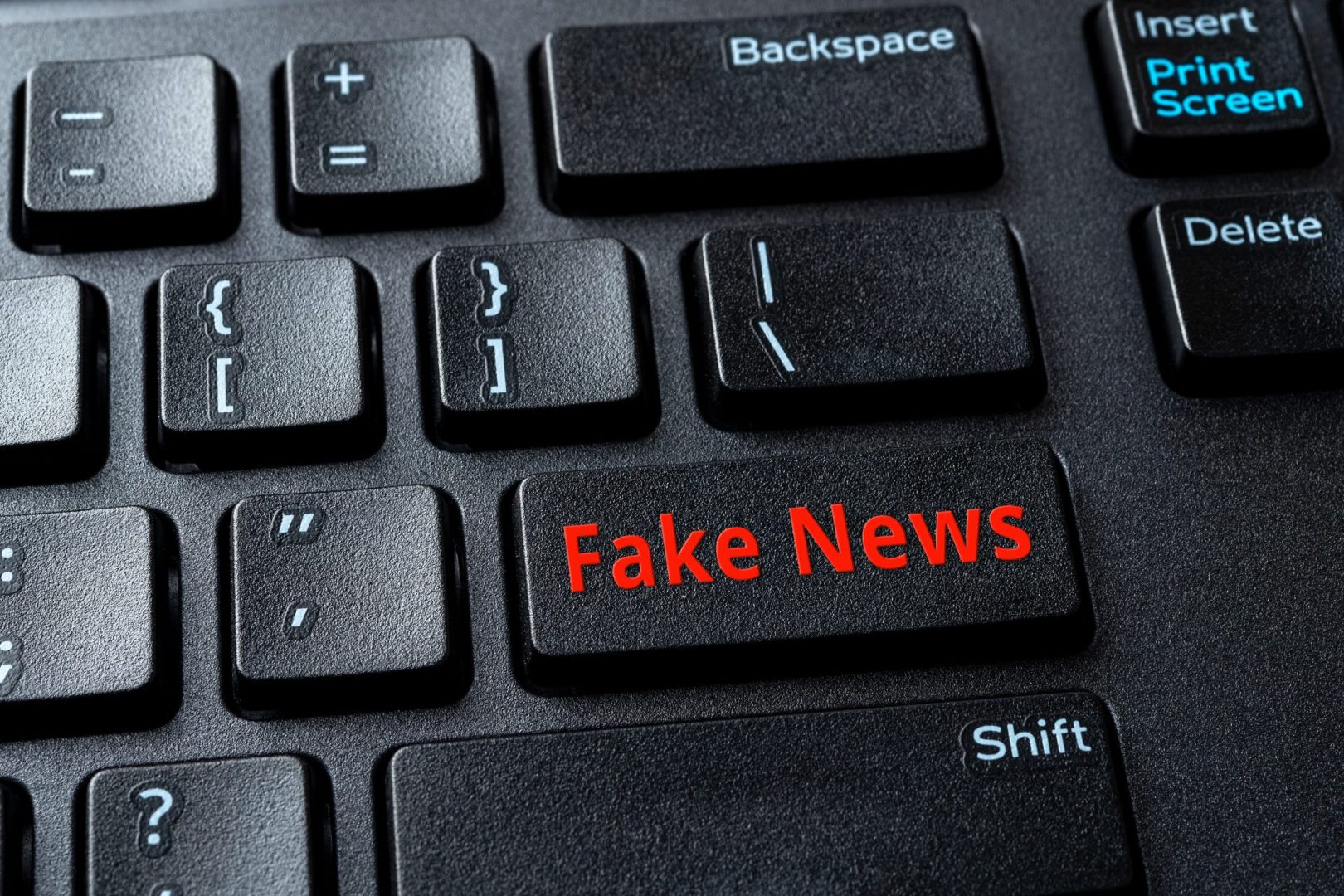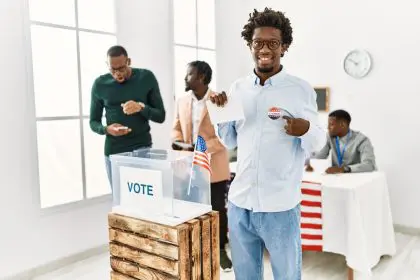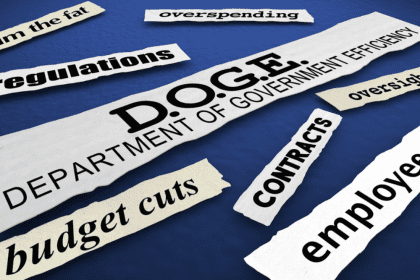In today’s fast-paced digital world, misinformation can spread like wildfire, especially during critical events such as natural disasters and elections. Ebony McMorris, a prominent voice in the media, recently addressed the rampant disinformation surrounding Hurricane Helene and its implications for voting. This article delves into her insights and the broader context of misinformation in our society.
The impact of misinformation during natural disasters
Hurricane Helene, which made headlines due to its potential threat, became a focal point for various rumors and false narratives. McMorris emphasized the importance of relying on credible sources for information during such crises. Misinformation can lead to panic, confusion, and even dangerous situations for those affected by the hurricane.
- Credibility of sources: It is crucial to verify information through official channels such as the National Hurricane Center or local government updates.
- Social media vigilance: Social media platforms can amplify false information. Users should be cautious about sharing unverified content.
- Community awareness: Engaging with community leaders and local organizations can help disseminate accurate information and resources.
Voting and the spread of disinformation
As the nation approaches election season, the issue of disinformation takes on a new dimension. McMorris pointed out that misleading information can significantly impact voter turnout and the integrity of the electoral process. Here are some key points she highlighted:
- Voter suppression: Disinformation campaigns often aim to suppress voter turnout by spreading false information about voting procedures, dates, and eligibility.
- Trust in the electoral process: Misinformation can erode public trust in the electoral system, leading to skepticism about the legitimacy of election results.
- Empowering voters: Educating voters about their rights and the voting process is essential to combat disinformation. Resources like local election offices and trusted civic organizations can provide accurate information.
Strategies to combat misinformation
McMorris advocates for a proactive approach to tackle misinformation. Here are some strategies that individuals and communities can adopt:
- Fact-checking: Utilize fact-checking websites to verify claims before sharing them on social media.
- Promote media literacy: Encourage educational programs that teach individuals how to critically evaluate sources of information.
- Engage in dialogue: Foster open discussions within communities about the dangers of misinformation and share reliable resources.
Conclusion
McMorris’s insights into the disinformation surrounding Hurricane Helene and voting highlight the critical need for vigilance in the face of misleading information. As we navigate through natural disasters and electoral processes, it is imperative to prioritize credible sources and empower ourselves and our communities with accurate information. By doing so, we can ensure that our voices are heard and that we remain informed citizens in a rapidly changing world.
Stay informed, stay engaged, and let’s combat misinformation together.
















